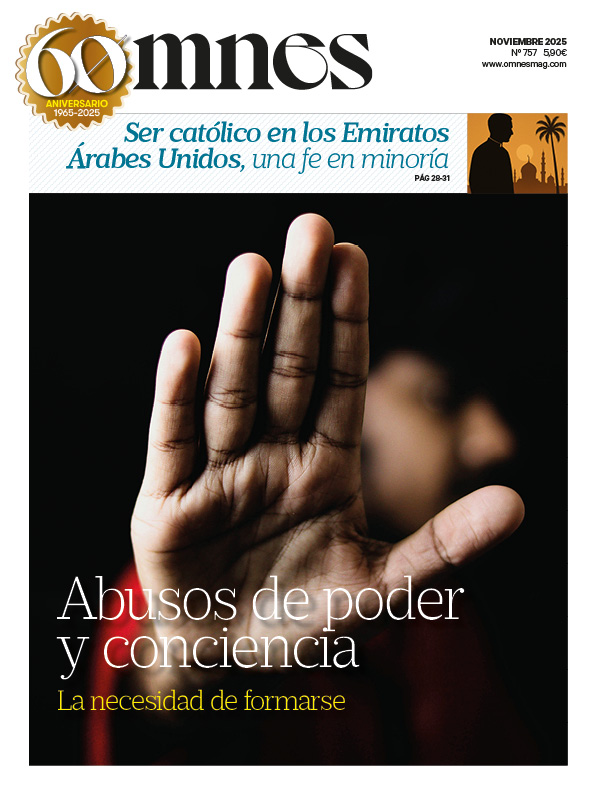The prelate of Opus Dei, Bishop Fernando Ocáriz, in a new message released Thursday, urged the faithful to live Christian charity in a practical and committed way in the face of the many forms of poverty and suffering in today's world.
“Every day, in various ways, we all receive news of the suffering of countless people, caused by the current wars, injustices, poverty and deprivation in many parts of the world” he introduced.
Faced with this reality, Ocáriz invites us to meditate on the words of St. Josemaría Escrivá: «A man or a society that does not react to tribulations or injustices, and that does not make an effort to alleviate them, is not a man or a society that measures up to the love of the Heart of Christ... Otherwise, their Christianity will not be the Word and the Life of Jesus: it will be a disguise, a deception in the face of God and in the face of men (It is Christ who passes, n. 167)».
The prelate stressed that, although “in the face of the magnitude of the world's problems, it is natural to feel one's own powerlessness to solve them,” Christians cannot remain indifferent. He recalls that “faith assures us that we can help a lot with prayer, which knows no boundaries” and encourages us to discover that “everyone -each one in his or her place- can do more than we think”.
Poverty
In his message, Ocáriz also cites Pope Leo XIV, who in Dilexi te recalls that “there are many forms of poverty: the poverty of those who have no means of material sustenance, the poverty of those who are socially marginalized... the poverty of those who have no rights, no space, no freedom”.
The prelate added that the work of Opus Dei seeks to contribute to alleviating these needs, evoking the words of St. Josemaría: «Our mission is that there may be fewer and fewer ignorant and indigent people, and we will try to contribute to this everywhere.Letter 15, n. 193).
He is grateful that “countless people, including many Opus Dei members, are carrying out assistance and formation activities in especially needy environments on the five continents,” and invites everyone to collaborate “with prayer, with work carried out in a spirit of service and with the material help that is possible for us.
Finally, Ocáriz reminds us that charity is not only a social work, but an essential requirement of Christian love: «Charity, love for people, [is] inseparable from love for God». And he quotes St. Augustine to conclude: «Think that you, who do not yet see God, will deserve to contemplate him if you love your neighbor, for by loving your neighbor you purify your gaze so that your eyes may contemplate God» (Treatments. Ev. S. John, 17, 7-9).








